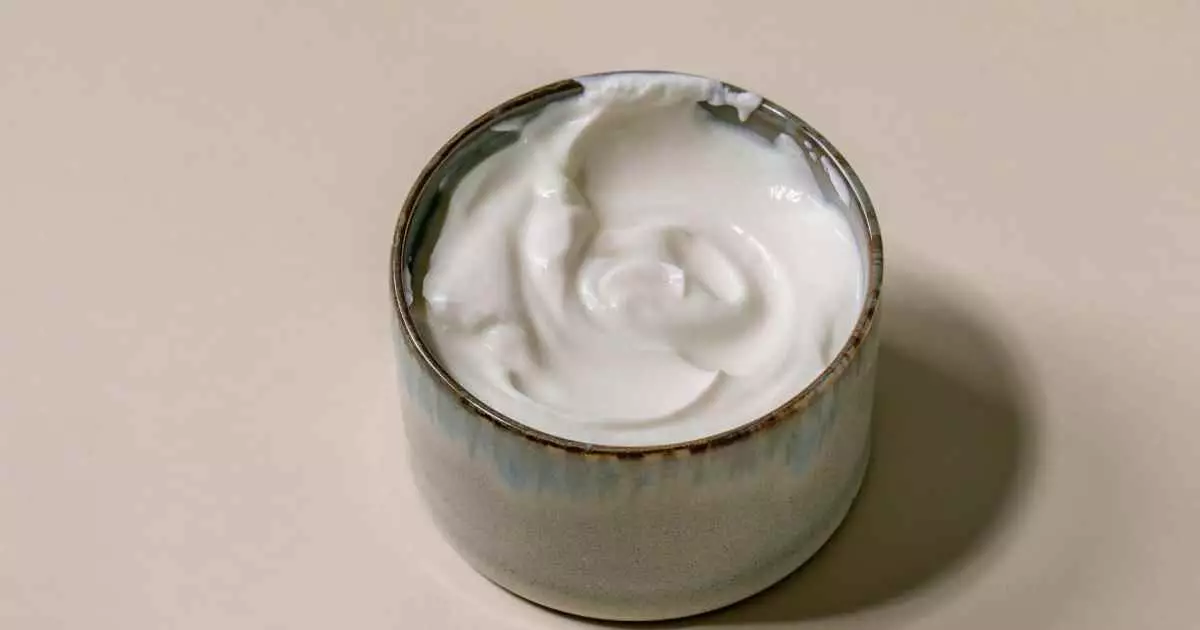When it comes to our furry companions, the notion of sharing our favorite snacks often crosses our minds. One such indulgence that frequently arises is sour cream. While it may seem harmless, the reality is far more complex, particularly when considering lactose intolerance in dogs. Dogs, like many mammals, produce varying amounts of lactase, the enzyme that breaks down lactose. Consequently, while some dogs might handle lactose-rich foods without a hitch, many can experience uncomfortable side effects, ranging from upset stomachs to more severe gastrointestinal issues. Therefore, before introducing sour cream or any dairy product into your dog’s diet, consulting with a veterinarian is not just advisable—it’s essential.
A Treat, Not a Meal: The Nutritional Value of Sour Cream
Sour cream can be a delightful addition to your dog’s diet in moderation, primarily serving as a special treat rather than a dietary staple. Though it does contain calcium—a nutrient crucial for maintaining healthy bones in dogs—other food sources like yogurt or leafy greens, such as spinach, are far superior. The calcium in sour cream is minimal, and overly relying on it for nutritional benefits can lead to imbalances in your dog’s diet. Moreover, the saturated fats in sour cream can negatively impact your dog’s health over time if consumed excessively, contributing to obesity and other weight-related health issues. Thus, while a small dab of sour cream now and again is acceptable, it’s crucial to see it as just that: a treat.
Creative Uses: The Sneaky Snack Trick for Pilling Pups
Many dog owners face the challenging task of administering medication to their pets, especially if those puppies have developed a palate for picking around unpalatable pills. Enter sour cream! Its creamy consistency and appealing aroma make it an unlikely but effective tool for hiding medications. A small scoop of sour cream can mask the flavor and scent of pills, allowing you to sneak in necessary doses without the customary struggle. However, this method should also be used sparingly; you wouldn’t want your dog to associate medication with a high-fat treat, potentially leading to a preference for the dairy over the medicine.
Moderation is Key: Setting Boundaries for Treats
While dogs often relish the unique flavor profile of sour cream, it’s vital for pet owners to establish firm boundaries when incorporating human foods into their diets. A general guideline of once-a-month indulgence keeps the experience special and minimizes the risk of health complications. By maintaining a measured approach, pet owners can ensure that their dogs enjoy the occasional treat without jeopardizing their well-being. Remember, a healthy pup is a happy pup, and balance is essential in all aspects of diet—no matter how tempting those extra snacks might be!

